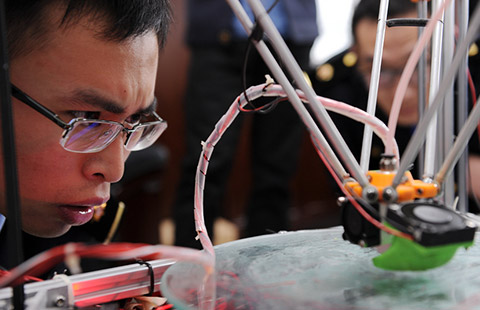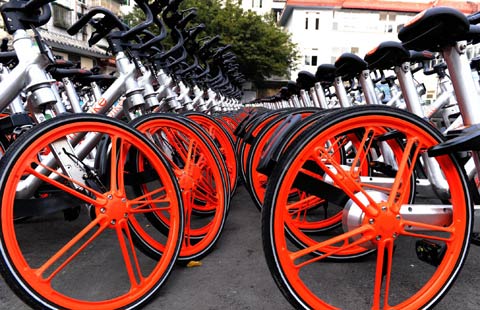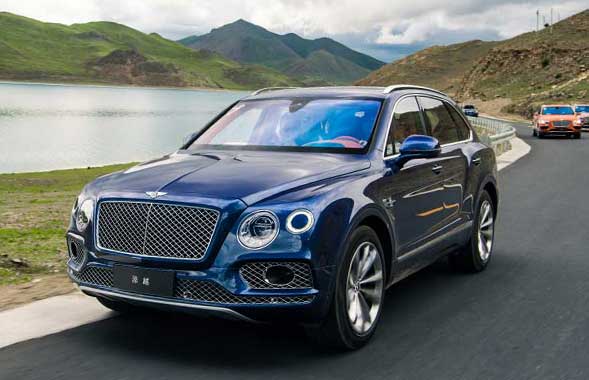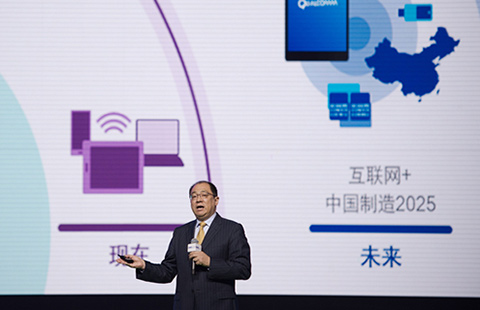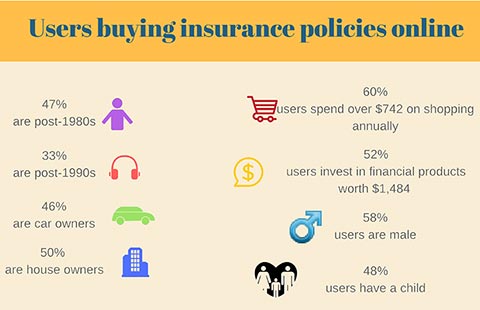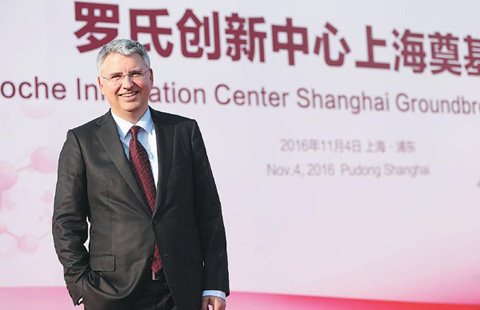AstraZeneca eyes local prospects
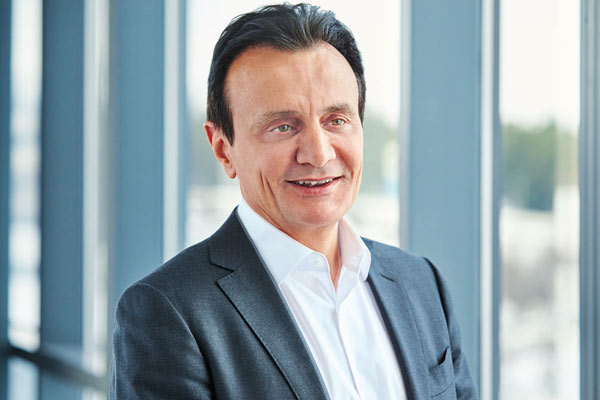 |
|
Pascal Soriot, CEO of the Anglo-Swedish pharmaceuticals giant AstraZeneca. [Photo provided to chinadaily.com.cn] |
Defying sporadic withdrawals of foreign companies and a perceived economic slowdown, AstraZeneca is adopting a "lean in" strategy in China with more locally developed drugs and wider outreach, Pascal Soriot, CEO of the Anglo-Swedish pharmaceuticals giant, told China Daily.
Tagrisso, the company's latest drug for treating lung cancer with the EFGR-mutation, is expected to receive approval in China soon. The drug has been under fast-track review, because nearly half of Chinese lung cancer patients have this mutation.
"By offering a treatment package and fr ee products, we will market Tagrisso at the lowest possible price," Soriot said in an interview at the company's global research center in the university city of Cambridge, United Kingdom.
The commitment comes after AstraZeneca announced a 50-percent price cut in China on Iressa, another lung-cancer medicine, to step up its outreach in the country.
"For all new medicines, we are trying to register them in China quickly, with local manufacturing and local development. Our goal is to reach as many patients as possible," said Soriot.
Last year, the company bought two manufacturing plants for small-molecule and biologic medicines in Wuxi, Jiangsu province, since the country offers favorable policies to drugs first discovered and marketed at home.
In addition, AstraZeneca says it has injected $50 million into its Wuxi headquarters to expand development facilities.
The FTSE 100 company reported 15 percent growth in China in the first nine months, following last year's 20 percent increase in sales to $2.5 billion.
"We are expanding from coastal cities into inland cities, reaching more patients. Not every company is doing that," said the CEO. "As the economy grows, China is a market as important as the US is to us."
The Anglo-Swedish pharmaceuticals giant has set up around 12,000 nebulizer centers throughout China, while citing findings that the country has 80 million people suffering from asthma and chronic obstructive pulmonary disease (COPD).
While asthma tends to be only treated on an acute basis, especially among children, only 31 percent of COPD patients are diagnosed in China, said Tom Roach, vice president in respiratory of AstraZeneca. "COPD and lung cancer are two major problems in China today."
He added that the company also aims to improve inhalers with bluetooth-connected functions to help physicians track vitals and prevent catastrophic lung attacks.
Last month, AstraZeneca signed an agreement with Wuxi National Hi-Tech District to establish a business innovation center and integrate global resources to develop an Internet of Things health system.
"We are excited about the huge market. The government is very committed to expanding the healthcare system for citizens," said Mark Mallon, executive vice president of AstraZeneca.
Although pharmaceuticals companies can remain lucrative without necessarily going global, AstraZeneca said its goal to address needs "everywhere" hasn't changed.
"Being global has the advantage of widening the reach of research and development and tapping the most advanced science," said Menelas Pangalos, the company's executive vice president.
The key in a post-Brexit world is to keep a simple process so that companies can tap into the global workforce without any "delay or impediment", he added.
Despite the so-called patent cliff, which means the company lost exclusivity for two-thirds of its best selling drugs five years ago, a new AstraZeneca is emerging, said the CEO, referring to the 12 new medicines now under third phase clinical trial.
"We are investing as much as we can in the pipeline, and in China," said Soriot.
"Because of the expiration of the patents, there are times when we feel we are going uphill, but we will feel good when you get to the top of the hill," said the 57-year-old CEO, using his favorite sport of cycling as an analogy.








